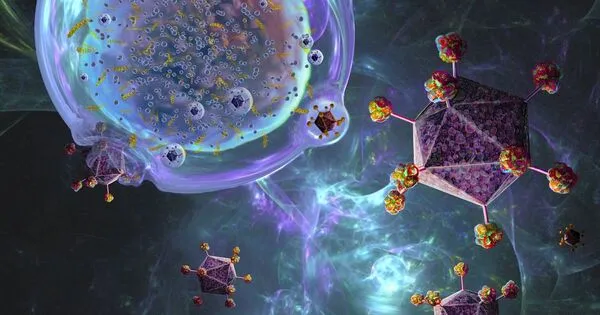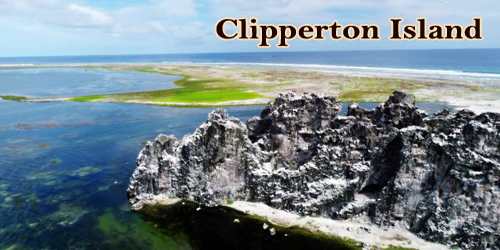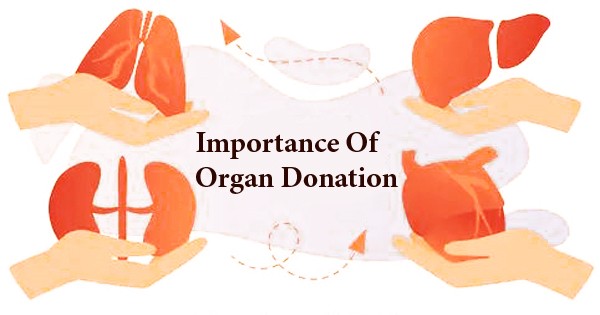The Earth immune system is a contentious proposal that claims to be a result of the Gaia hypothesis. According to the Gaia theory, the entire earth can be regarded a single organism (Gaia). Earth, as a self-sustaining creature, would have some kind of immune system to keep itself healthy.
Some proponents of this hypothetical concept, for example, believe that humanity is a “infection” of Gaia, and that AIDS is the immune system’s attempt to reject the infection. Humans evolved within Gaia and are not foreign invaders, therefore the term “cancer” may be more apt. An opposing viewpoint holds that humanity is Gaia’s immune system, having evolved to escape future disasters such as the Permian and Cretaceous mass extinctions of life.
The book “The Revenge of Gaia” by James Lovelock suggests that Gaia has many mechanisms for eliminating civilizations that cause harm through greenhouse gas emissions and global warming, but that with increasing heat from the sun, Gaia’s ability to “bounce back” as it did after the Permian and Cretaceous extinction events may be increasingly compromised.
The Earth has natural systems and processes that assist manage and maintain equilibrium within its varied ecosystems, according to environmental science. These systems act similarly to the immune system in live creatures, defending against disturbances and maintaining overall health. Here are a few examples:
- Climate Regulation: The Earth’s climate system influences the distribution of heat over the world by regulating temperature and weather patterns. This regulation is critical for the survival of numerous species as well as the preservation of ecosystems.
- Ocean Circulation: Ocean currents are critical in transferring heat and nutrients over the oceans. This circulation system influences climate, weather patterns, and marine life, all of which contribute to the planet’s general health.
- Biodiversity: The diversity of life on Earth, including a wide range of species and habitats, gives natural resilience to environmental change. Biodiversity can be equated to genetic diversity within a population, which provides a variety of responses to various environmental conditions.
- Carbon Cycle: The Earth’s carbon cycle involves the exchange of carbon between the atmosphere, oceans, soil, and living organisms. This cycle helps regulate the concentration of carbon dioxide in the atmosphere, influencing climate and supporting life processes.
- Natural Processes: Natural processes on Earth, such as volcanic activity, weathering, and geological movements, all contribute to mineral cycling and landscape formation. These processes can be viewed as self-regulating mechanisms of the Earth.
While these natural processes can be compared to an immune system in terms of their role in maintaining the planet’s health and balance, it’s crucial to remember that this is an analogy rather than a direct comparison. Human activities such as deforestation, pollution, and climate change have the potential to disturb these natural processes, resulting in environmental difficulties and imbalances that may transcend the Earth’s inherent resilience.
















